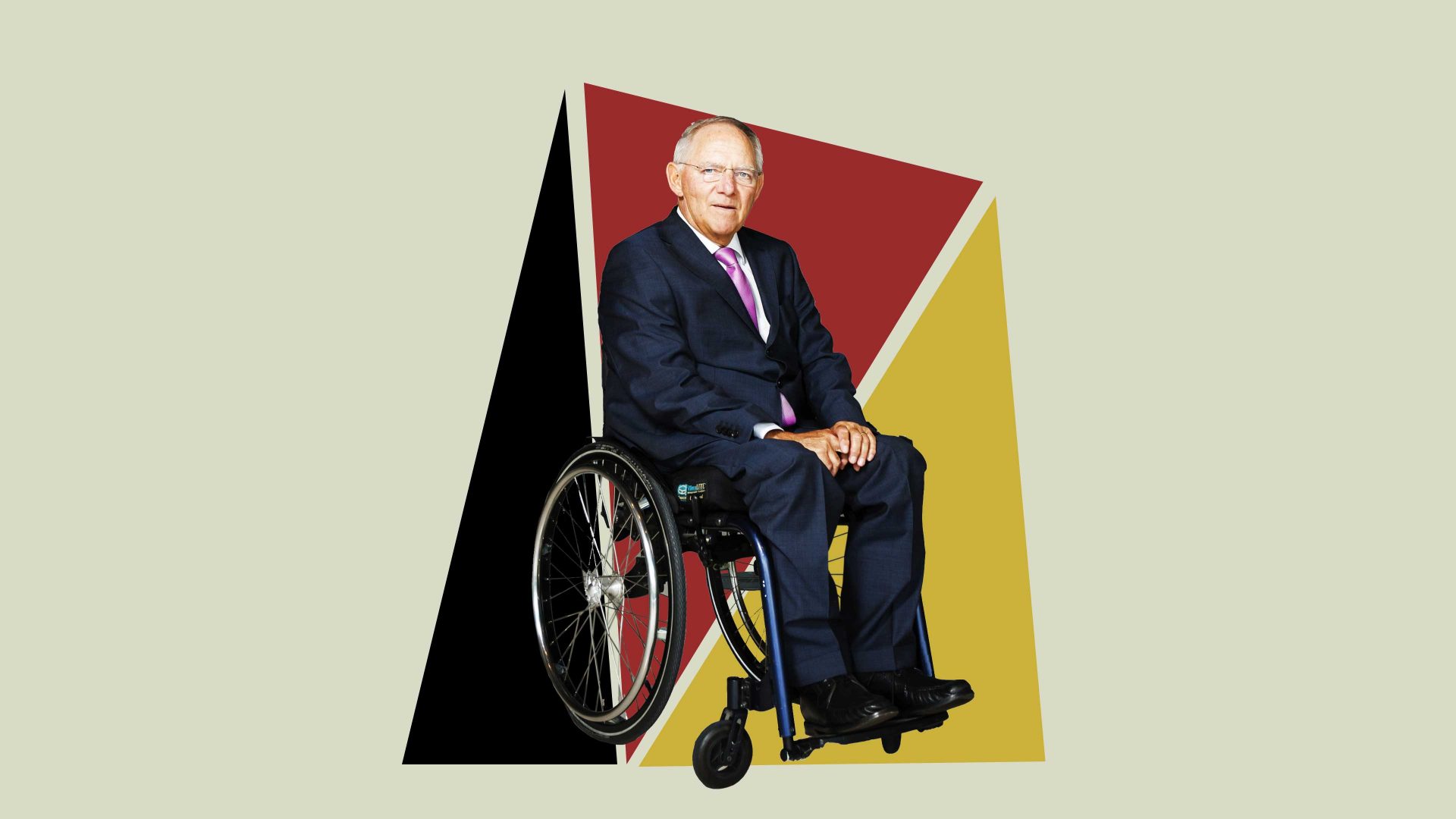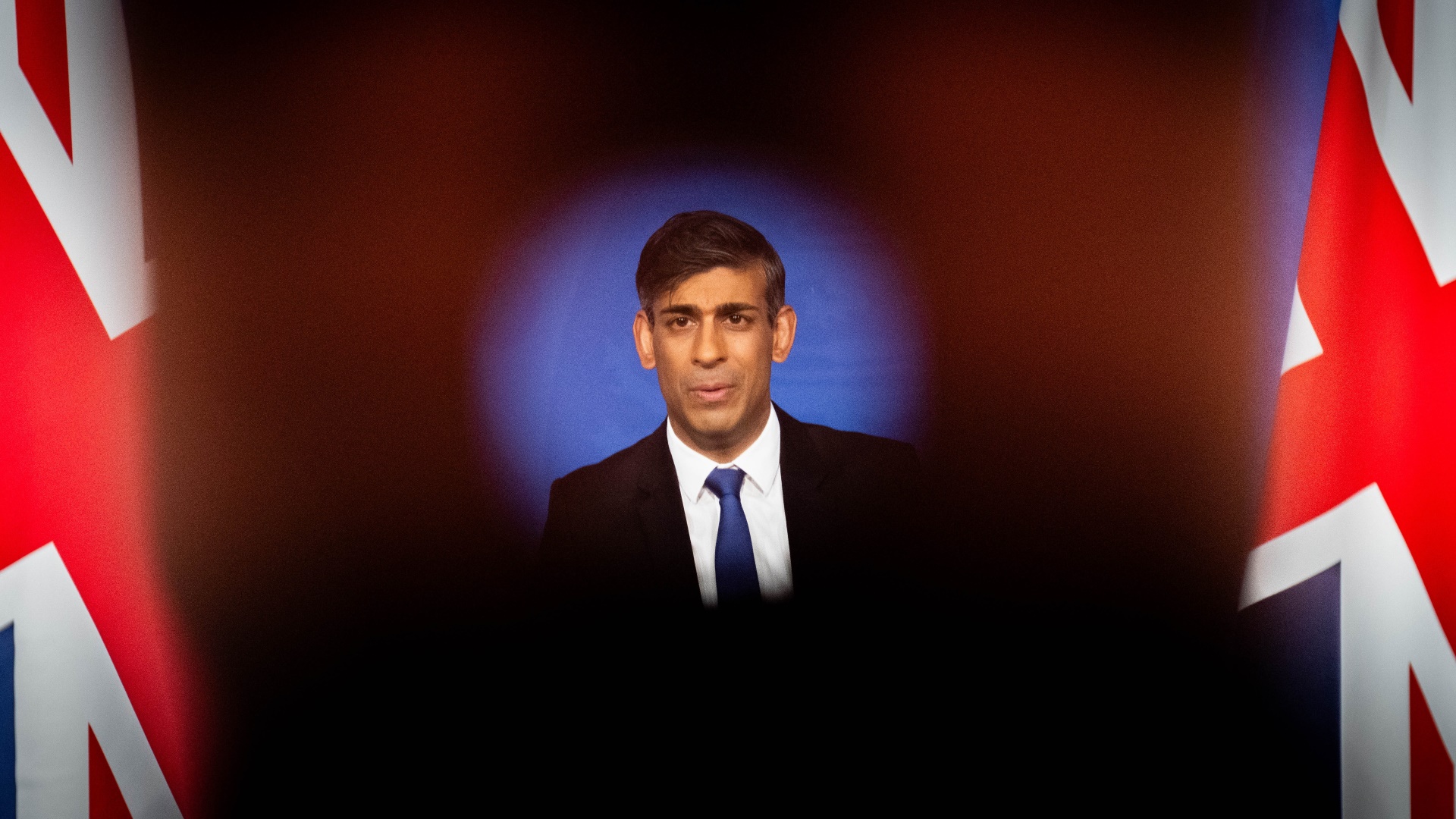Lately, I have been thinking about Yanis Varoufakis. You remember him: Greece’s flamboyant six-month finance minister, who used his stint in office quite effectively for self-promotion.
Around 2019, at a tech event near London, Varoufakis and other former political it-boys were discussing the state of global affairs. The Greek had already endeared himself to us Krauts during the euro crisis by suggesting the rest of Europe should “stick the finger up to Germany and say ‘well, you can now solve this problem by yourself’”.
I asked Varoufakis whether he thought his own contributions – including a glossy at-home story for Paris Match showing him with a glass of white wine on his Athens terrace overlooking the Acropolis – had made any positive impact on society. The response was somewhat disgruntled.
But while on stage, Varoufakis couldn’t resist scoring some laughs at the expense of “my dear colleague Wolfgang”. He meant Wolfgang Schäuble. Had the sharp-witted Schäuble been present, I’m certain he would have had the last laugh. But he wasn’t, because he in fact still had a full-time political job, as the esteemed president of parliament.
The veteran politician passed away on Boxing Day, aged 81, after spending a last Christmas surrounded by his family. A hint of “they don’t build politicians like Schäuble any more” sighed through the numerous obituaries praising his achievements. In truth, you could never get the likes of Schäuble (pronounced: Shoi-bleh) off the peg. Even in his own generation he stood out: the embodiment of democracy, with a unique intellect. And no saint (which in this line of work is mutually exclusive anyway).
His party’s illicit donation practice under long-time chancellor Helmut Kohl caught up with Schäuble in 1999, when he was chair of the Christian Democratic Union (CDU). Despite his eloquence, he couldn’t justify meeting an arms dealer and accepting 100,000 deutschmark in an envelope.
The lawyer served as Kohl’s chief-of-staff, his fixer, interior minister and crown prince – too loyal for regicide in the mid-1990s, when Germans had grown tired of Kohl but he hadn’t grown tired of power, and thus lost the 1998 election rather than hand over the reins. Schäuble only became leader of the opposition, but the donation scandal seemed to end his career, too, aided by Angela Merkel, who took no prisoners in pursuing her own claim to the throne.
Unlike Kohl, Schäuble was devoid of self-pity. Days after German reunification (which Schäuble had chiefly negotiated), a mentally ill shooter nearly killed him, injuring his jaw and spinal cord, as well as a bodyguard. Six weeks later, from rehab, Schäuble gave his first improvised press conference, entering the room in a wheelchair. Within months he returned to parliament, his second home (arguably his first). Beginning in 1972, he had won his constituency seat in the south-western town of Offenburg 14 consecutive times, making him the longest-serving MP in German history, respected and even revered by all camps. Photos show him in parliament just weeks before his death.
“Being handicapped doesn’t turn me into a better person”, he once remarked. Berlin regaining its status as the German capital is largely down to Schäuble’s passionate relocation plea during the decisive debate in the Bonn Bundestag in 1991. He later said that his appearance – pale, slim, vulnerable – must have given his words extra weight.
I remember a lengthy chat with him at a summer reception, where he visibly enjoyed himself. Not because of me. Not because the party was hosted by BILD. No, he simply appreciated the lounge-like sofas and tables surrounding him. He said events like these usually meant the choice between white-coated bar tables towering over him (“…all the crumbs fall into my lap”) or a special-needs corner for him, off to the side.
He liked to be in the centre, shaping politics, and so he didn’t hesitate to follow Merkel’s call back into government, first as interior minister, then finance minister. Southern Europe, mildly put, loathed him and his stance on fiscal austerity and saw him as the cliché of a domineering German (who, by the way, cried after Brexit), who dared to suggest that Greece should temporarily leave the eurozone (but later bowed to Merkel’s more amenable approach).
After Schäuble’s death, Varoufakis wrote: “History will judge him harshly.” Yet, in 2023, Greece was one of Europe’s fastest growing economies (unlike Germany).
And while Varoufakis remains a jester, Schäuble will always be a giant. A man who lived, and nearly died, for democracy.




